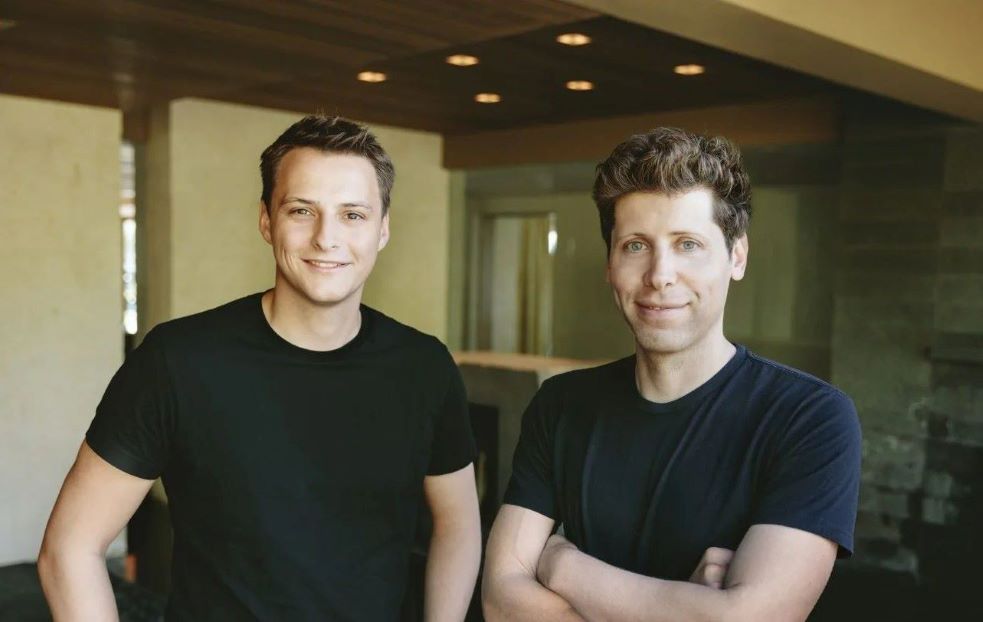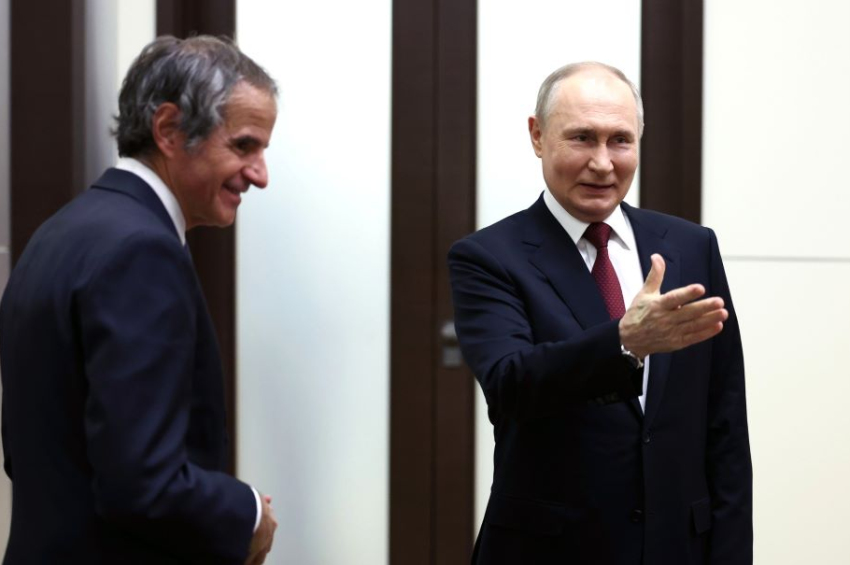What is Worldcoin, Sam Altman’s eyeball scanning crypto project?
Sam Altman emerged in 2023 as a public figure representing OpenAI, developer of the generative artificial intelligence chatbot ChatGPT. However, even before the remarkable success of this AI tool, Altman laid the groundwork for Worldcoin, a cryptocurrency project with the objective of establishing a universal currency and a new standard for digital identity and privacy.
One aspect of this initiative, called Tools for Humanity, involves scanning adult individuals' eyes to confirm their identities, as a way of combating the armies of AI bots and thus attract advertisers with real human users.
Worldcoin recently secured 115 million dollars in series C funding amidst a bear market for venture capital investments in this project. This round was led by Blockchain Capital and included firms like a16z, Distributed Global, and Bain Capital Crypto. In 2022, Worldcoin raised 100 million in a Series B funding round and received a 3-billion-dollar valuation from a16z and Khosla Ventures.
The valuation of Tools for Humanity so far has not been disclosed.

Alex Blania and Sam Altman. Credit: Bloomberg
What is Worldcoin?
Worldcoin was founded in 2019 by Tools for Humanity as a crypto-focused project with a three-fold mission: creating universal online IDs (World ID), introducing a global cryptocurrency (WLD), and developing a self-custodial wallet app (World App) that facilitates payments using WLD, stablecoins, and traditional fiat currencies.
Altman co-founded Worldcoin alongside Alex Blania, a physics Ph.D. student who currently serves as Tools for Humanity's CEO, and Max Novendstern, a fintech entrepreneur.
Worldcoin's ambitious goal involves freely distributing WLD as a form of universal basic income to every individual solely for being unique. Additionally, the project aims to establish distinct digital identities to demonstrate "humanness" in an online world increasingly populated by advanced artificial intelligence.
While the company remains in the beta stage, it claims to have onboarded nearly two million users across five continents. However, residents of the United States are currently unable to receive the Worldcoin token. The World App was launched in over 80 countries in early May.
How does Worldcoin work?
Although it is possible to utilize Worldcoin without undergoing iris scanning, individuals seeking to claim a free share of Worldcoin tokens must verify their identity using a chrome imaging device called The Orb. This device, weighing five pounds, scans users' irises to generate a numerical code that verifies their "unique personhood."
Worldcoin emphasizes the privacy measures it has implemented, such as encryption and image deletion. The company clarifies that it does not use the iris data to identify individuals but only to confirm their uniqueness.
More to read:
Deutsche Bank applies for license to become crypto custodian
The latest capital raised by Worldcoin will support product expansion, bot detection efforts, and the development of an alternative to the universally disliked click-on-the-traffic-lights CAPTCHA test. These endeavors aim to enhance the differentiation between humans and AI on the internet.
Privacy risks
When Worldcoin was announced in 2021, it faced criticism from privacy advocates such as Edward Snowden, a former NSA whistleblower, who expressed concerns about the project's handling of biometric information. Altman acknowledged that he had underestimated the negative reaction to using biometrics for identity verification. In April 2022, the MIT Technology Review highlighted what it considered significant shortcomings in Worldcoin's privacy and marketing practices.
For many individuals in the crypto community, ownership of digital data and privacy are fundamental aspects of the decentralization enabled by cryptocurrencies. While Worldcoin's method of authenticating and safeguarding digital identities has garnered attention, its underlying technologies, such as zero-knowledge proofs and Merkle trees, could potentially support alternative approaches to personal data ownership and ID verification in an era of rapidly advancing AI.
More to read:
[video] Startup integrates artificial intelligence in shoes for faster walk
Altman himself said in a 2021 Twitter post that some of Worldcoin's ideas are likely to be accepted worldwide for the future of privacy, regardless whether his project succeeds or not.
Despite the new funding, Worldcoin faces the challenge of persuading billions of people to undergo iris scanning using their orb, as only a fraction of the population has signed up thus far. Privacy remains a major concern for many, with the idea of providing biometric data to a private company met with resistance.
While Tools for Humanity emphasizes its privacy-oriented technological innovations, black markets have emerged to sell World ID credentials.
Additionally, Worldcoin encounters regulatory obstacles and has decided not to launch its token in the US due to stalled crypto legislation. The app is also unavailable in markets that have banned cryptocurrencies, such as China.
Tools for Humanity aims to launch its token later this year, navigating the complexities of privacy concerns and regulatory requirements. Whether Sam Altman will convince billions of people to scan their eyes to prove they aren’t bots remains to be seen.
Sources: Worldcoin, Tools for Humanity, Coinbase, Fortune







